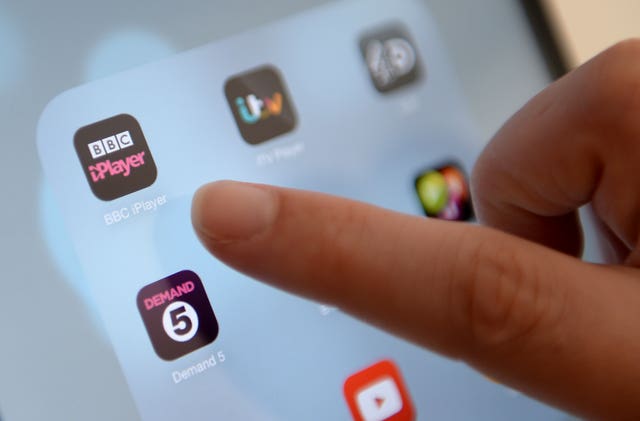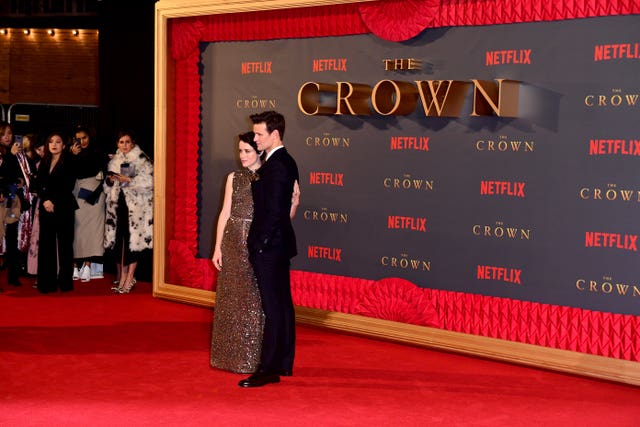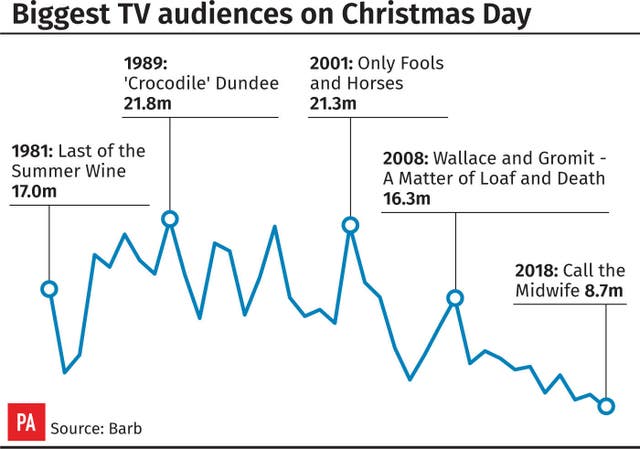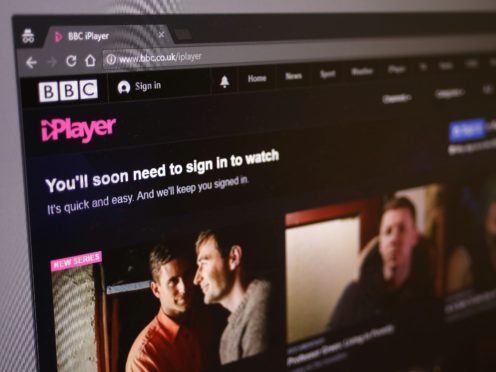The BBC has launched a consultation into whether all programmes should be made available on its iPlayer streaming platform for at least 12 months, in a bid to compete with rivals including Netflix and Amazon Prime.
As part of its proposals, the corporation wants to move away from being seen as a catch-up service, where some shows are online for a limited amount of time.
Instead, it is proposing for its programmes to be put on iPlayer for a minimum of 12 months after they are first shown, as well as offering more complete series box sets and favourites from the BBC archive.

“We know that in the future BBC iPlayer will be the main way many people will want to watch the BBC,” said Charlotte Moore, director of content at the BBC.
“It already is for many younger viewers. These changes are about ensuring we continue to deliver value for money to licence fee payers – and meet expectations of viewers who want to watch full series whenever they choose to.
“It’s also important that regulation recognises that there should be a level playing field for public service broadcasters – to ensure British stories are being told for British audiences.”

The move comes as more people turn to video on demand services, instead of traditional linear viewing broadcast on TV at a set time.
2018 saw the lowest TV ratings for a Christmas Day since records began, with the most watched programme, Call The Midwife on BBC1, attracting just 8.7 million.

The corporation has been experimenting with making more of its content available on iPlayer for longer, with previous box sets for series such as Luther reappearing online during the latest series, and iPlayer exclusive successes including Killing Eve.
Industry stakeholders are being asked for their thoughts on the public value of enhanced availability and the potential impact on competition, by February 15, as part of a public interest test.
Tony Hall, BBC director general, has previously said that the broadcaster needs to transform to remain relevant.
He said: “This transformation is essential. Without it, the BBC will look increasingly analogue in a digital world, and small against giant global competition.”
